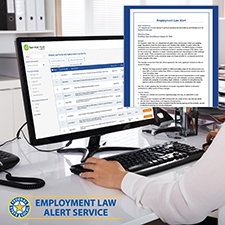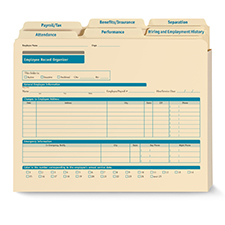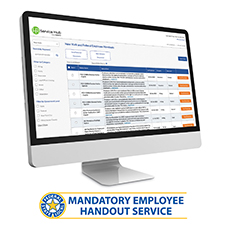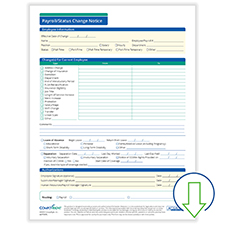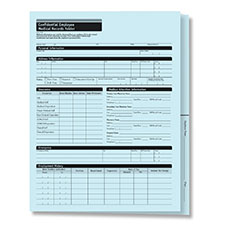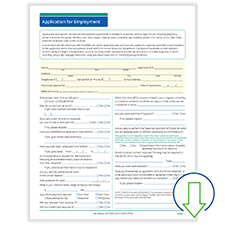
Confused about where you stand regarding marijuana use by employees? Like many employment-related issues today, there’s a wide gap between federal and state law. Let’s clear the air on evolving marijuana legislation and how it impacts workplace policy.
Understanding Federal vs. State Laws, Medical vs. Recreational Usage
On a federal level, the status of cannabis as a controlled substance has not changed through the years. The use, sale and possession of cannabis over 0.3% TCH is illegal in the U.S. under federal law. It’s a different situation in many states, however. According to the National Conference of State Legislators (NCSL), 37 states and the District of Columbia allow marijuana for medicinal purposes. Further still, 19 states and the District of Columbia have approved non-medical (or “recreational”) usage.
What does this mean for your business, practically speaking? As marijuana laws continue to evolve, some courts have ruled that an employee’s use of medical marijuana to treat a qualified disability or illness can be considered a “reasonable accommodation.”
If you’re in a state that provides protection for medical marijuana users, the best course of action is to discuss the matter with the employee. Of course, this accommodation should not place undue hardship on your business or threaten the safety and health of other workers. Ideally, the accommodation will allow you to maintain a drug-free workplace and monitor the employee’s performance. Depending on the employee’s roles and responsibilities, this could be a temporary reassignment while the employee is undergoing treatment, a change in shift hours or taking time off.
Marijuana regulations vary from state to state and change frequently, so you’ll need to stay on top of ongoing developments in the locations where you operate.
Strengthening and Enforcing Drug-Free Workplace Rules
Establishing a clear drug-free workplace policy can keep you legally compliant, protect your business and ensure the safety of your employees. Your policy should state in plain language that the use and possession of marijuana in the workplace, as well as impairment during work hours, is forbidden. It should also outline disciplinary actions and grounds for termination (as permitted in your state).
You can implement a zero-tolerance policy, which includes requesting a drug test based on a workplace accident or on reasonable suspicion — and reprimanding an employee if the result is positive. In fact, most federal contractors are required to adopt a zero-tolerance policy under the Drug-Free Workplace Act. Employers with workers in safety-sensitive industries should also enforce zero-tolerance policies.
On the other hand, private-sector employers may choose to take a more lenient approach, particularly to screening applicants or testing employees if recreational use is permitted in your state. At a time of severe hiring and labor shortages, you may not want to risk losing candidates or employees who occasionally imbibe. Plus, there’s a growing push for employment protections for off-duty use. Be aware, however, that you can still prohibit use during working hours and forbid employees from coming to work under the influence.
Protect Your Business with a State-Compliant Policy
As marijuana laws continue to expand state-wide, employers should review their drug policies and update their employee handbooks accordingly. The Company Policies Smart App is a convenient, Web-based solution for developing and distributing current company policies. With just a few clicks, you can publish policies and notify employees, or print them out to distribute, depending on your needs. You can also see which employees have viewed each policy to track confirmation of receipt.
Another option is our State-Specific HR Policies Library for 12 months of legal monitoring and immediate access to 50+ policies for each state. Determine which service is right for your business here.






 Shopping cart
Shopping cart